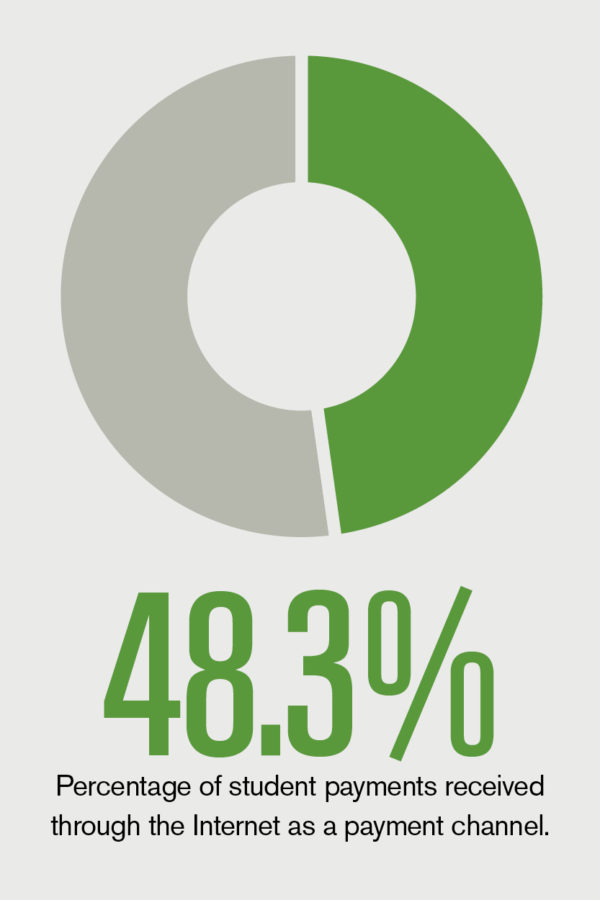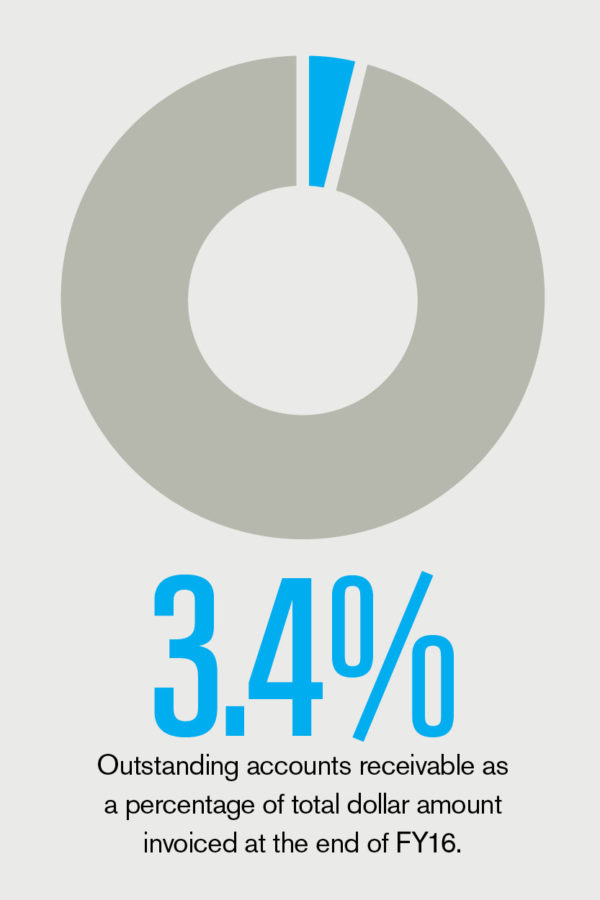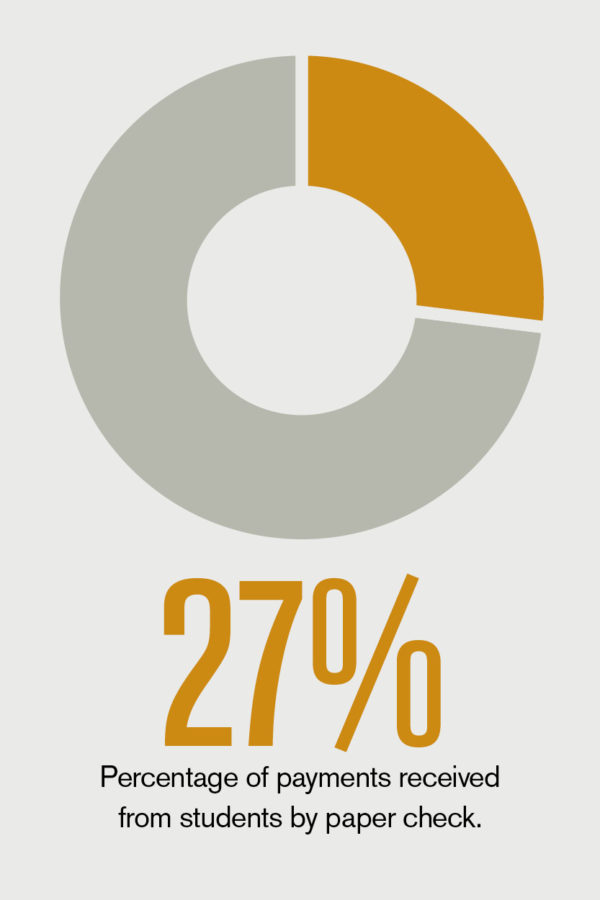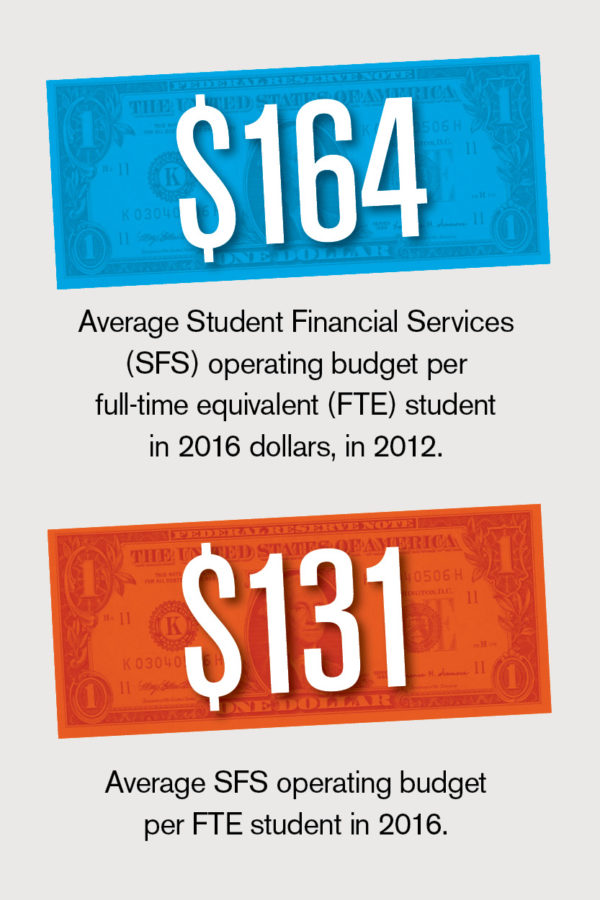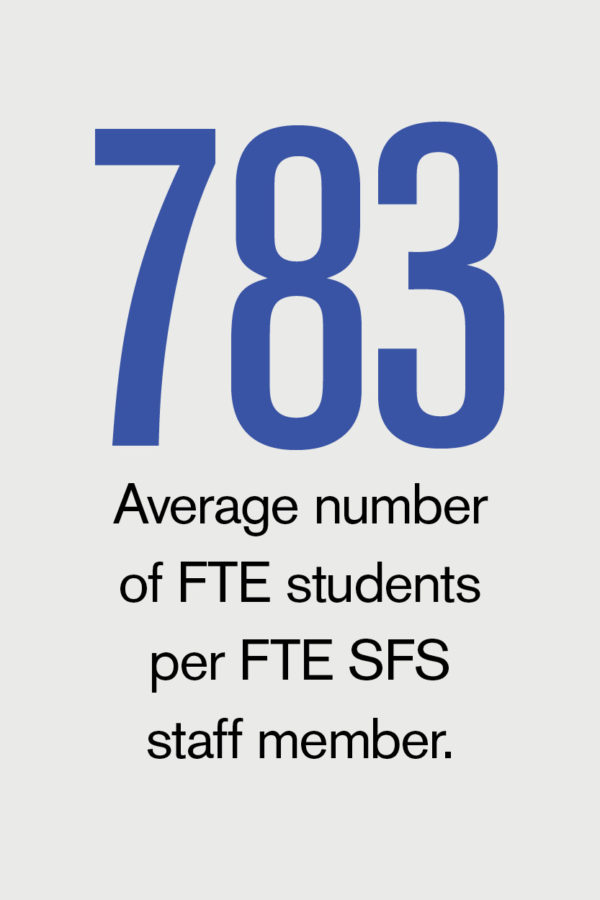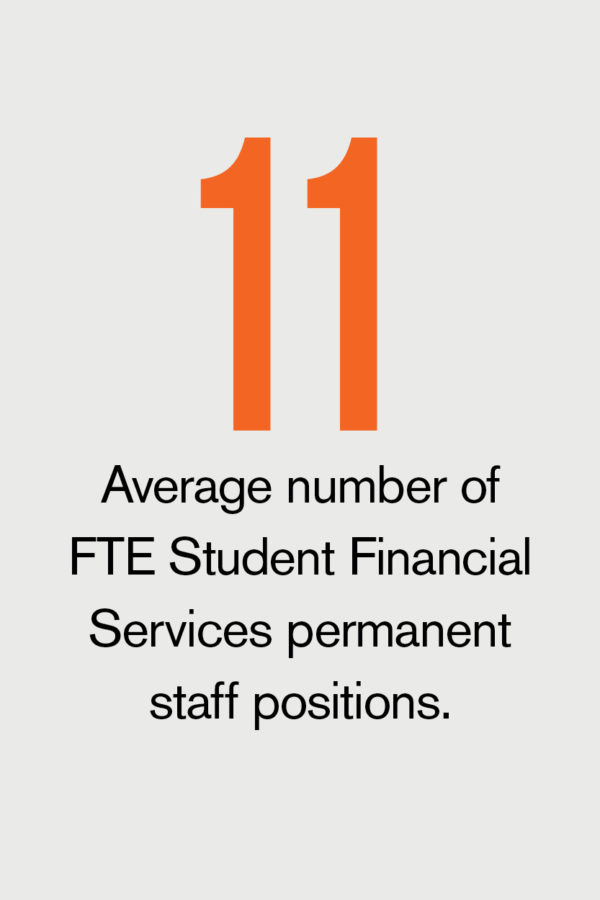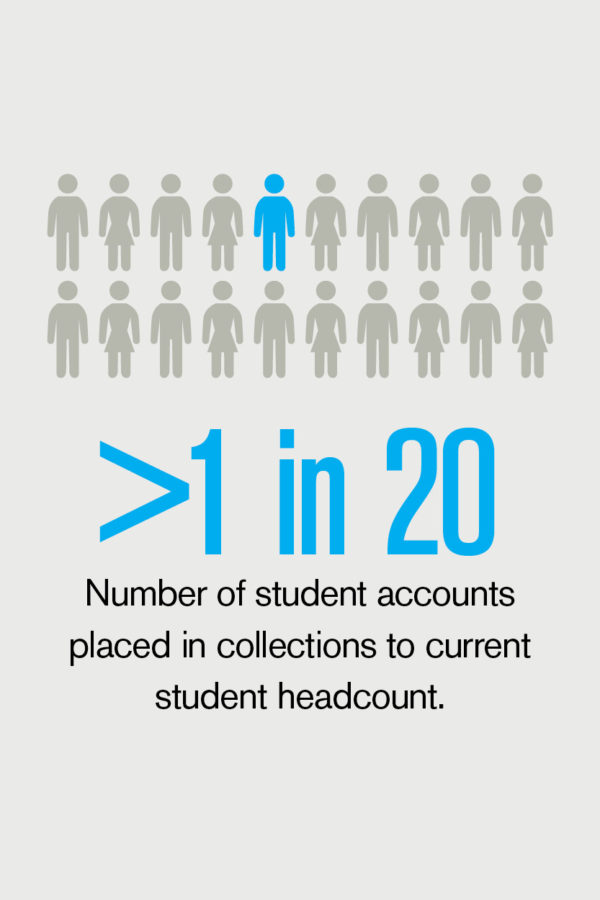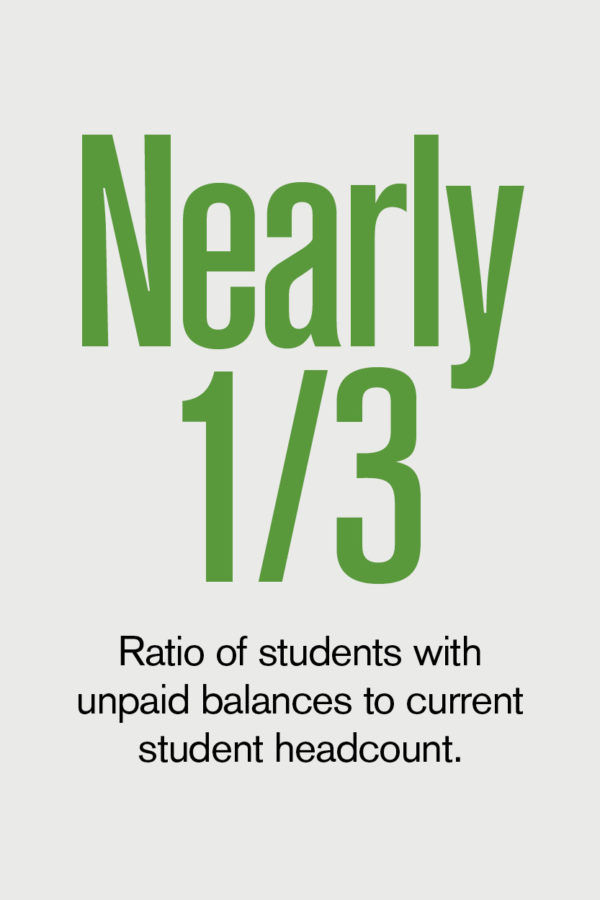Colleges and universities are important partners in various Aspen Institute projects taking place across the country—from providing subject matter expertise to hosting public events and helping conduct and synthesize research, notes Caroline Hopper, program manager for the institute’s Citizenship and American Identity Program. The overall aim of this program is to help sustain strong citizenship and a coherent sense of American identity. This is all the more important at a time when the country has been undergoing huge demographic shifts and experiencing increased inequality on a number of fronts, says Hopper. (For more details on promoting civil discourse, see “Deliberate Dialogue” in November 2017 Business Officer.)
The program includes three primary initiatives:
- The Narrative Collaboratory proceeds from the premise that there is a dominant negative narrative in American life that discourages individuals from participating in democracy. The goal is to displace that narrative by creating a network of individuals to facilitate, identify, and promote stories of citizen power that highlight how ordinary individuals across the country are finding ways to step up and make changes within their communities.
- The Better Arguments Project explores core arguments that define American identity. The team will launch with a series of town halls in 2018 to encourage local groups across the country to foster discussions within their communities that reach across traditional dividing lines. “Despite our deeply fragmented politics today, we need to recognize that differences of opinion are nothing new and are, in fact, foundational to American values—for instance, the argument for liberty versus equality, or individual rights versus collective responsibility,” says Hopper. “The goal is not to reach consensus, but to encourage better and more informed debates.” The planning stage for this initiative includes working with policy experts, community organizations, media, and professors to develop a spectrum of perspectives to present for discussion rather than “sides,” notes Hopper. (This initiative is in partnership with Facing History and Ourselves, and is made possible by the Allstate Corp.)
- What Every American Should Know explores a 21st century sense of cultural literacy and includes a crowdsourcing effort to collect common cultural knowledge of what it means to be an American. “With a nation as diverse as we are today, the initiative will only be as successful as it is inclusive, so the more who participate, the better the list and the more reflective of our society,” suggests Hopper.
Pairing Science and Civics
Another main thrust of the What Every American Should Know initiative is to facilitate increased communication and collaboration among scientists, civic groups, and the public, explains Hopper. The Science & Civics initiative, created in early 2016, began with an underlying premise that to address the most urgent challenges a community faces, connections must be made between sound science and good policy, argues Hopper. The dilemma: Both civic literacy and scientific literacy have experienced a significant decline among the American public, notes Hopper.
Whether the issue is clean air and water, transportation, energy, or automation, finding the best solution for everyday people and their livelihoods requires knowing enough about the impacts that local communities and their leaders face, notes Hopper. In that regard, civic leaders have a duty to defend science. It’s also crucial for scientists to collaborate with community leaders to cultivate a more informed citizenry, argues Hopper.
Background work on this effort identified barriers to determine how the scientific community can work more closely with local civic organizations. Specifically:
- Scientists often don’t have the time to leave the lab, and in many instances, they are incentivized not to, so that they have more time for research and to apply for grants, suggests Hopper. “If we expect scientists to communicate with community members, and if we value this, we need to figure out how to enable it.” At the same time, civic leaders should feel an obligation to learn how to weave science into their mainstream discussions, including how scientific findings impact the local community, notes Hopper.
- Scientists aren’t necessarily trained to communicate with those who aren’t experts, says Hopper. “Whereas professional communicators value making complex concepts understandable, it may be difficult for scientists to do so, and some may even consider it dishonest because simplifying something may leave out some of the detail.” And yet, the payoff for finding ways to convey scientific concepts so they resonate with the general public is that we teach more people to understand the relevance of science and why science matters to them, says Hopper.
A Science & Civics guide based on initial inputs offers a framework for collaborative action by civic groups and scientists. On the heels of launching the Science & Civics initiative, a similar approach is underway to build capacity on the topic of immigration and civics, notes Hopper.
RESOURCE LINK: www.aspeninstitute.org/programs/citizenship-and-american-identity-program
SUBMITTED BY Karla Hignite, New York City, contributing editor to Business Officer







